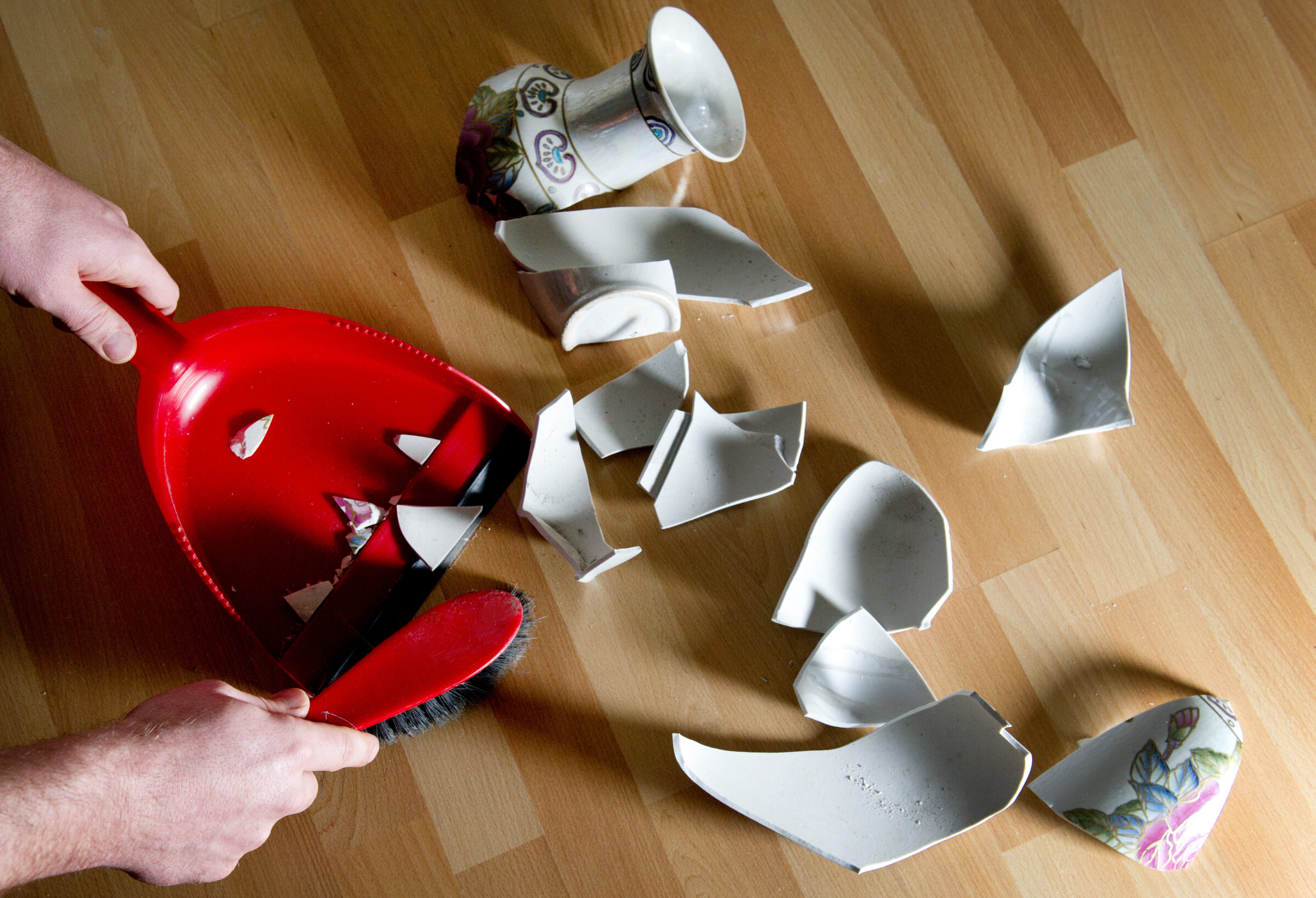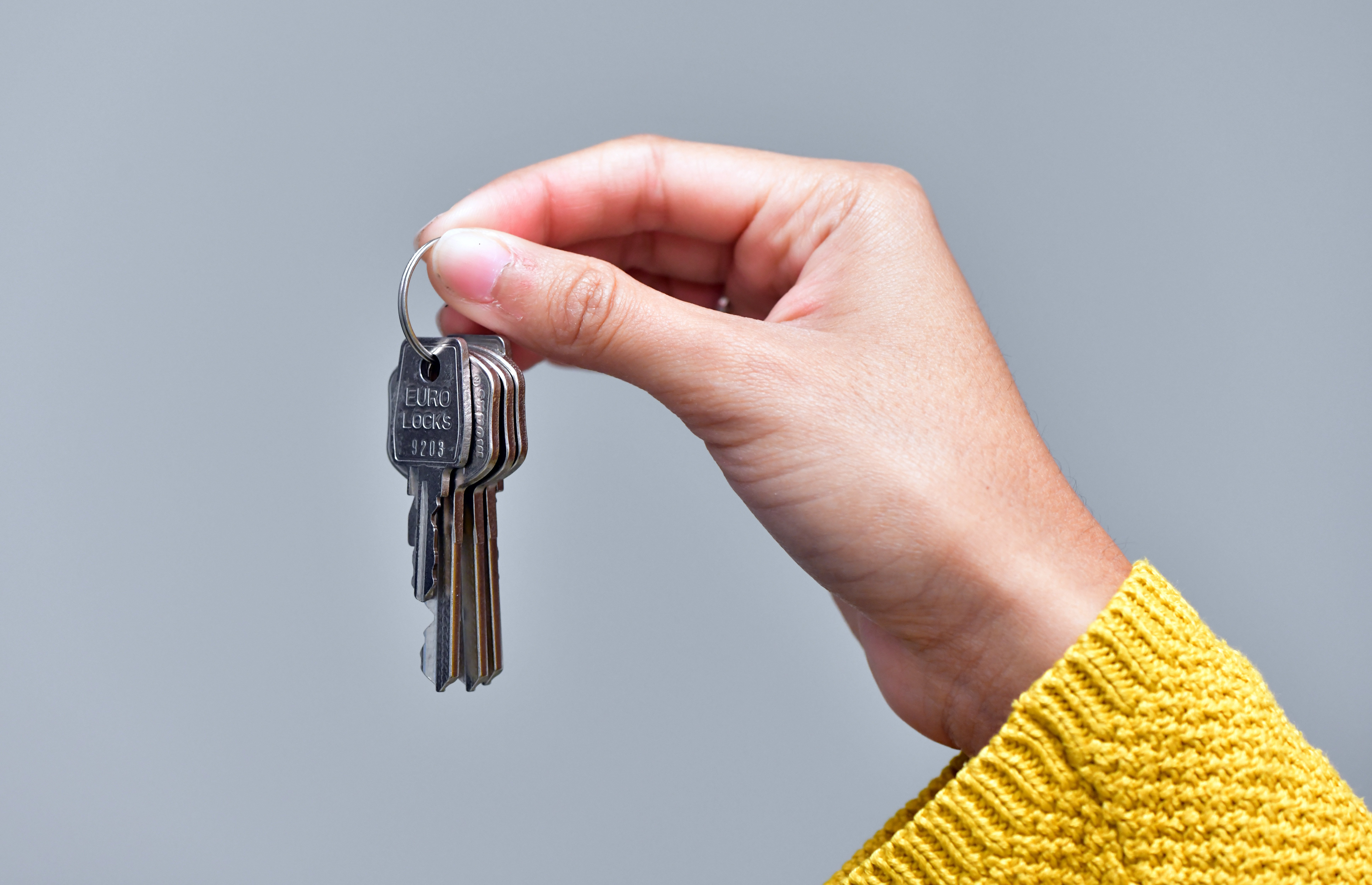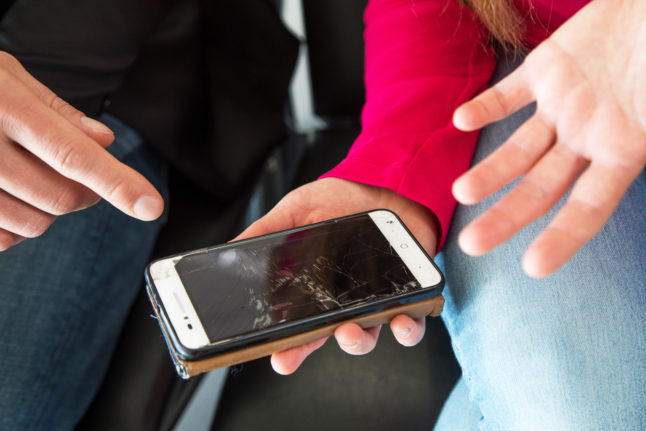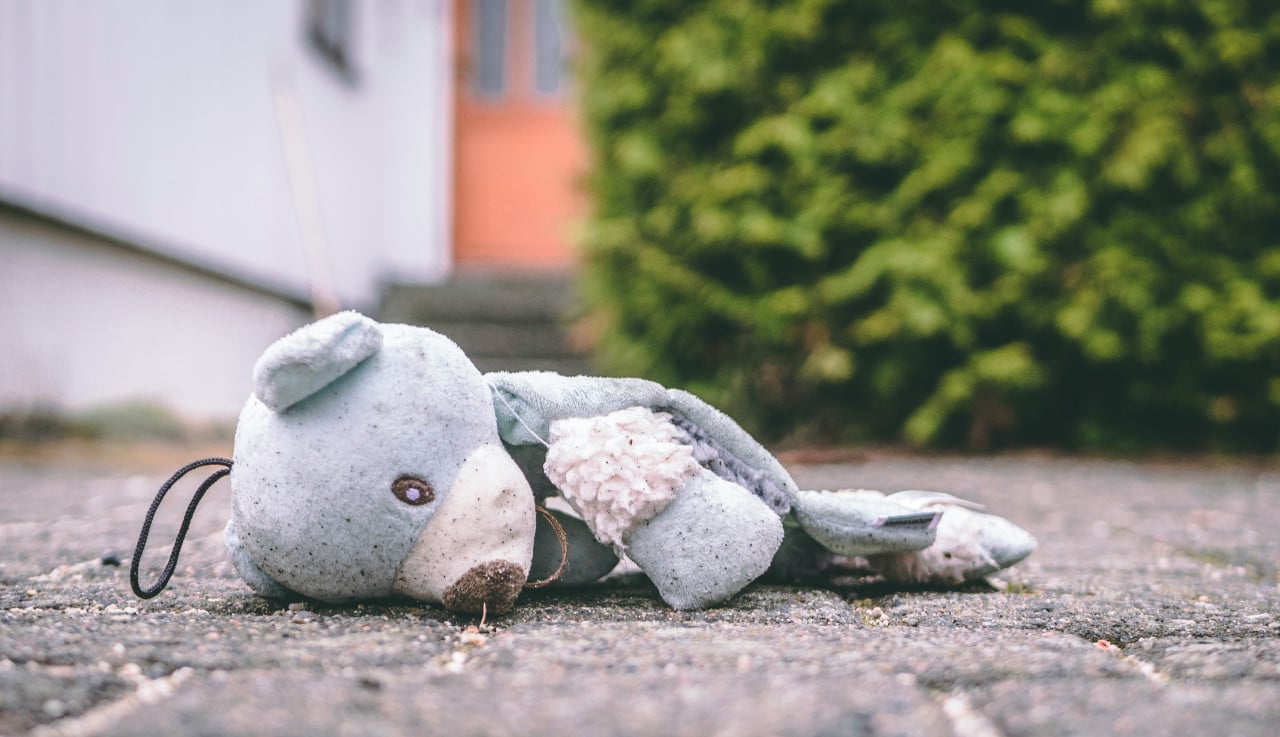What are we talking about here?
Let’s say you’re at a friend’s house and you spill coffee on their laptop, causing it to break. Or you accidentally scratch a car with your bike. Perhaps you’ve caused damage to someone by accidentally tripping them up.
These are all nightmare scenarios. But in many places you wouldn’t think about having insurance to deal with them. Step forward Germany.
In the Bundesrepublik there’s a very long word called Privathaftpflichtversicherung (it sounds like this) – or private liability insurance – and it can cover the cost of many of these types of situations.
Do I need it in Germany?
For many foreigners, hearing about this insurance is a culture shock; it simply doesn’t exist in lots of places.
It’s important to note that it’s not mandatory, unlike health insurance or motor vehicle liability insurance, but most Germans would argue that – yes, you do need it.
READ ALSO: ‘It works’: Your verdict on German health insurance
According to the German Consumer Advice Centre, private liability insurance is an “absolute must”.
So if you are spending a significant amount of time in Germany, it’s definitely worth getting it. Some rental contracts also require that you have it when you submit your application documents.

What does it actually cover?
If, for example, you cause an accident as a cyclist and injure other people, you will have to foot the bill for treatment costs, any loss of earnings and compensation for pain and suffering and possibly other costs.
This can lead to people running into financial problems unless they have the insurance to cover it. According to German law, you are liable for all damages that you have caused to someone else, and there’s no limit to how much that can cost. This is the case even if you didn’t mean to cause an accident.
“That is why it is important to take out private liability insurance – and for a sufficient amount,” said German broadcaster NDR in an advice column.
“The insurer will only pay up to the coverage amounting for the personal injury, property damage and financial loss that is specified in the insurance policy.
“If the damage is higher, you have to pay the rest yourself.”
One of the terms in most policies is the “Gefahren des täglichen Lebens” – hazards of everyday life. This refers to dangers that a person can face in their private life. For example, coverage is provided if the duty of road safety has been violated because snow has not been cleared on the pavement.
You can also opt for extras.
The Consumer Advice Centre lists other useful options that can be covered by the insurance such as damage to rented property, loss of someone else’s private or professional keys, insuring someone else’s dog, and operating drones.

So how much should you be covered for?
Consumer experts recommend a minimum cover of €10 million, but say it is best to have coverage for €50 million.
People should also think about whether they need a ‘single’ or ‘family tariff’ which will cover more family members.
How much does it cost?
According to consumer protection experts, good insurance cover for families is available from around €60 a year.
Isn’t this all a bit paranoid?
It may sound a bit over the top and as if Germans are living their lives in fear of something dangerous happening. But Germans do tend to like stability, so it could be that simply having this insurance is a layer of protection that keeps things in order if anything happens.
And the fact is that the culture for private liability insurance is strong. Around 48.06 million people in Germany had private liability insurance in their household, according to Statista figures from earlier this year.
Do I need insurance for other things?
Yes, you’ll need to consider that. For example, you can sign up for Hausratversicherung (home contents insurance) to insure the items in your home in case they are damaged or stolen. This won’t be covered by private liability insurance.
Useful vocabulary:
Are you covered by liability insurance? – Sind Sie privat haftpflichtversichert?
My liability insurance can cover this accident – Meine Haftpflichtversicherung kann diesen Unfall abdecken.
I’m so sorry for this accident. I have private liability insurance – Dieser Unfall tut mir sehr leid. Ich habe eine private Haftpflichtversicherung.




 Please whitelist us to continue reading.
Please whitelist us to continue reading.
Member comments